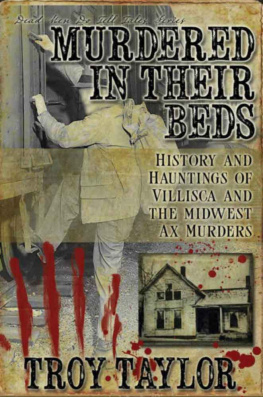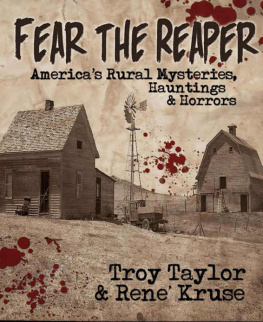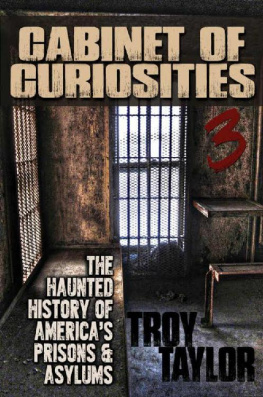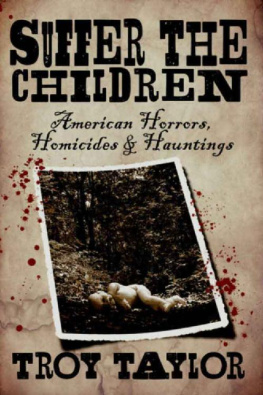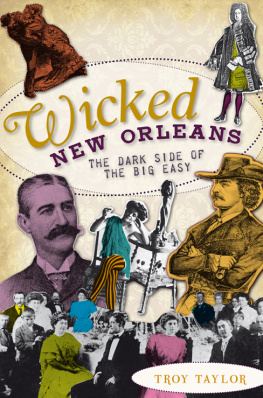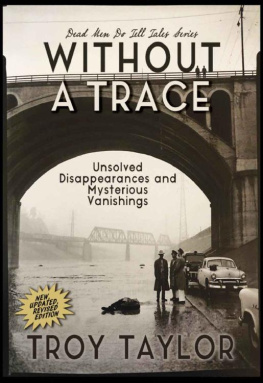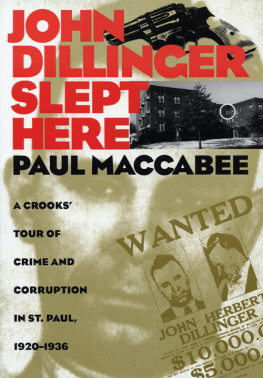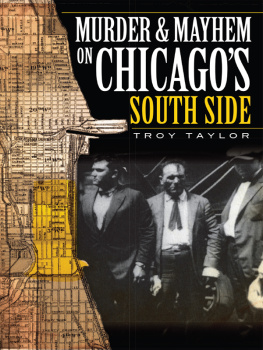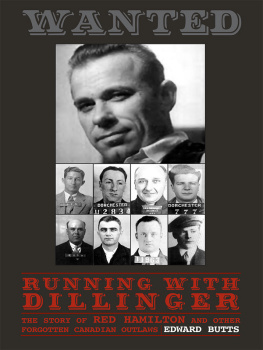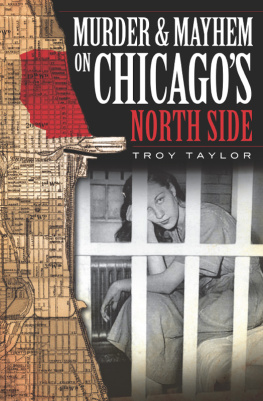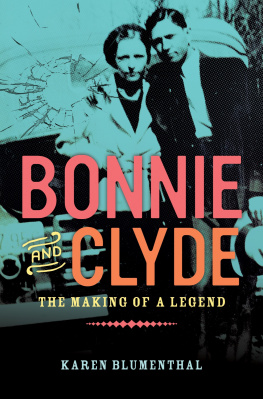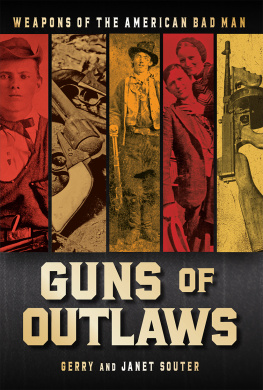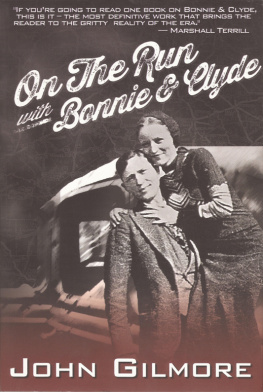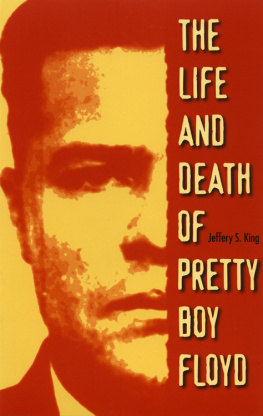
It is thought that some party with a mania for killing people has been stalking the country, and the victims of his lust for blood have simply been those who happened to come his way. This seems to be a plausible theory, and the only one that the police and detectives can arrive at inasmuch as no motive whatever can be discovered for the commission of any of the murders, and all have been executed in a similar manner. It is probably that the identity of the murderer will never be learned unless it is through some accident or confession.
--- 1911 newspaper report from Monmouth, Illinois
Traveling about the country like a millionaire or a tramp no one knows which striking where he is least expected no one knows when this Billy the Axman has terrorized the entire country. Sooner or later, the authorities say that he must leave some clew that will lead to his detection, but until that time, no one knows how many people will be butchered with an ax.
--- Colorado Springs Gazette, 1911
It is my opinion that it will be a mere accident if the murderer is ever caught.
--- Frank F. Jones, 1916
Never in the history of crime was pursuit of anybody conducted in this way by a sane man who had honest motives.
--- Des Moines Register and Leader, 1917
INTRODUCTION:
Something terrible has happened here
June 9, 1912, was a warm evening in southwestern Iowa, and the town of Villisca stirred quietly in the gloom of the setting sun. The dinner hour had long since passed and many residents escaped to the cool of the front porch after the heat of the day started to settle. Stores locked up for the evening and oil and gas lights began to appear in the windows of homes along the darkening streets. The electricity in town had been shut off because of a dispute between the town council and the electric company, but for most, the evening was too nice to stay indoors anyway.
At the First Presbyterian Church on Third Avenue, music filtered to the street outside, along with laughter and polite applause. The Children's Day program came to an end around 9:30 p.m. and soon the congregation began trickling out into the street, heading home for the night.
Sarah Moore, who had coordinated the program, gathered her family around her as they started walking home. She was joined by her husband, Josiah, known popularly in town as Joe or J.B., and their children, Herman, Katherine, Boyd and Paul. Lena and Ina Stillinger, two young girls who were friends with Katherine and who had also been in the evening's program, came home with the Moores to spend the night. The children were excited after the evening's festivities and Sarah knew that she would have trouble settling them down for the night. She couldn't help but laugh at their antics and jokes, however, especially after J.B. joined in with them. The sound of their laughter could be plainly heard as the group walked along and they waved happily at the other families and friends they passed.
Everyone liked the Moores and no one who waved and smiled at them that night could have imagined that this would be the last time the family would be seen alive.
Early the following morning, June 10, Mary Peckham, the Moores next door neighbor, stepped out of the back door of her home to hang some laundry on the line. The sun was barely peeking over the horizon, but it was better to finish the outdoor chores early and avoid the heat that came later in the day. Mary went about her business, wringing water from the wash and hanging the wet clothes on the line that stretched across her back yard. As she worked, she had a clear view of the Moore house next door but thought little about how quiet the place was until she finished with the clothes and noticed that the clock in her kitchen now read 7 a.m.
She suddenly realized that not only had the Moores not been outside to start their own chores that morning, but that the house itself seemed unusually still. This was very strange since J.B. Moore always left early for work and Sarah was always up at dawn to start breakfast and the day's chores. The Moore house was full of young children, and so the morning hours were always loud and boisterous. Could the Moores be sick? The house had recently been quarantined twice for small pox. Mary waited for a few more minutes and then decided to go next door and check on her friend Sarah and the rest of the family. Mary approached the house and knocked on the door. It was eerily quiet inside. She waited for a few moments and then knocked again. Once more, there was no answer. She tried to open the door, thinking that she might poke her head inside and call for Sarah, but when she pulled on the door handle she discovered that it was locked from the inside. She found it hard to believe that this was the case, but apparently the Moores had decided to sleep late today.
Mary walked back through the yard, deep in thought. It seemed so unlike the usually energetic family, but who was she to pry? Mary went out to the barn behind the Moore house and let the chickens out into the yard. She felt it was the least she could do to help Sarah, who she was convinced must be under the weather. After she let out the chickens, Mary went back into her own house and tried to get back to her work, but the more she thought about the silent house next door, the more she worried. Finally, when she could stand it no more, she placed a telephone call to J.B.'s brother, Ross Moore, who promised to come over as soon as he could. This was the first step in what would turn out to be one of the most bungled criminal investigations of the era.
When Ross Moore arrived at the home of his brother, he was met by Mary Peckham, who had continued to try and raise someone inside the house. Ross tried the door himself and then leaned up to peer into a bedroom window. It was too dark to see anything, so he returned to the door, banging on it and shouting for his brother and sister-in-law. There was still no answer, so he produced his own set of keys and looked through the ring until he found one that opened the front door. He pushed open the door and stepped into the parlor with Mary Peckham behind him. She stopped at the entryway, however, and did not venture any farther into the house. Moore looked around, seeing no one in the kitchen. He called out but there was no answer. On the opposite side of the parlor was a door that led into one of the children's bedrooms. He carefully opened the door and looked into the room. He nearly cried out when he saw two bloody bodies on the bed and dark stains on the sheets. Moore never even looked to see who was lying there. He ran back to the porch and shouted for Mary Peckham to call the sheriff someone had been murdered!
Ross sat down on the edge of the porch, trying to grasp what he had seen and what had happened. Mary hurried back to her house and telephoned J.B. Moores farm implement store. Ed Selley answered and told her that he just saw the city marshal, Hank Horton, walk past. He said he would catch him and be there as soon as he could. Selley, Moores senior employee, had spoken to Ross Moore earlier that day. After Mary Peckham had telephoned him, Ross called the store and asked if anyone had seen his brother. Selley had not, but offered to send another employee, a man named Carl, to the Moore house to milk the cows. Ross was sitting on the front porch when Carl arrived. They spoke for a moment and Ross told him that he didnt need to worry about milking the cows.
He muttered, Something terrible has happened here.
Villisca received an unwelcome visitor that humid night in June 1912, leaving the town touched by a horror unlike anything that it had seen before or since. Over the years, the brutal slayings have earned a place in infamy. They remain the most famous in a series of murders that were committed across the prairie during that era.
Next page
